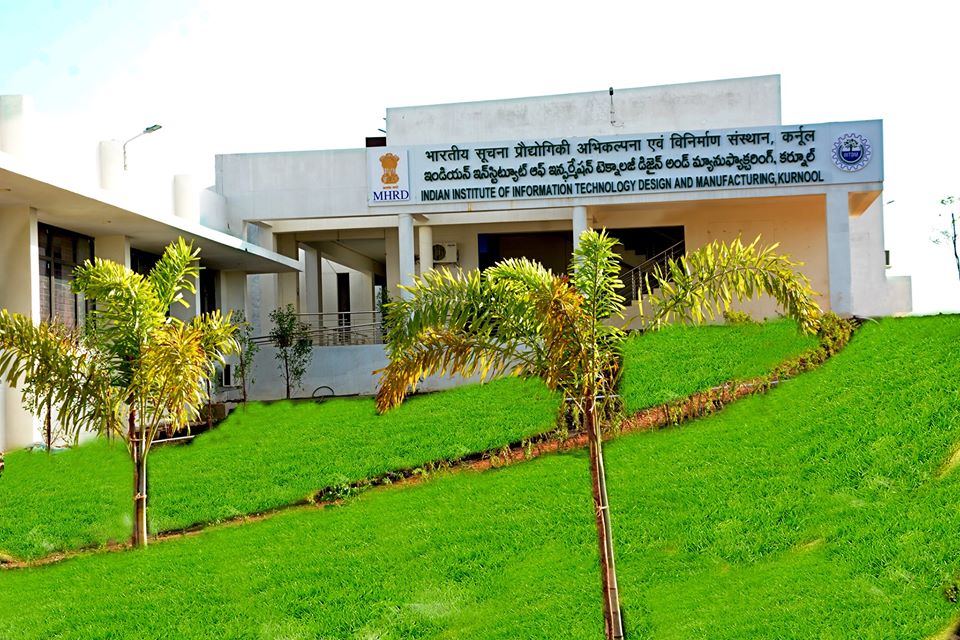New Delhi: Enrolment in elementary education has increased while there has been a decline in the education outcomes, with abilities in reading, writing and other comprehensive skills deteriorating among children between the ages of 6 and 14. According to the ASER 2014 Report, only a fourth of all children in standard III could read a standard II text fluently, a drop of more than 5% over five years.
The Vice President of India Mr M. Hamid Ansari expressed concern over quality of education at primary and elementary levels while addressing here yesterday (2 September 2016) a Conference on ‘Factors of Poor learning: Challenges, Opportunities and Practices for Learning Improvement in Socially Diverse Elementary Schools of India’ organized by Deshkal Society, Delhi. Mr Ansari said that as per the recent Report of the Committee for the Evolution of the New Educational Policy, set up by the HRD Ministry, the gross Enrolment Ratio in elementary education is satisfactorily high, while the quality in terms of learning outcomes is undeniably poor. Unfortunately, as per the ASER 2014, teacher absenteeism estimated at over 25% every day, added.
Despite all the governmental and societal effort, the overall literacy rate in 2011 was 73%, with a noticeable gap between male literacy at 80.9% and female literacy at 64.8%. The Vice President said “there is great disparity between urban and rural education, and children from different social and geographic backgrounds have radically different schooling experiences. Some 6.064 million children remained out of school. Of these, a massive 4.6 million or 76% belonged to the Scheduled Castes, Scheduled Tribes and other religious minorities.”
The Global Monitoring Report 2012 ranked India a low 102 out of the 120 countries on the Education for All (EFA) Development Index, based on progress in universal primary education, adult literacy, gender parity and the quality of education.
Mr Ansari informed that another HRD Ministry document observes that “though India has made significant progress in terms of enhancing access to and participation in all levels of education, the overall picture of education development in the country is mixed and there are many persisting concerns and challenges relating to access to and participation in education, quality of the education imparted, equity in education, system efficiency, governance and management, research and development, and financial commitment to education development”.
The Vice President opined “Education, that is equitable, easily accessible and provides equal opportunities – is the sine qua non for development. It would determine the future shape of our society and polity.”







